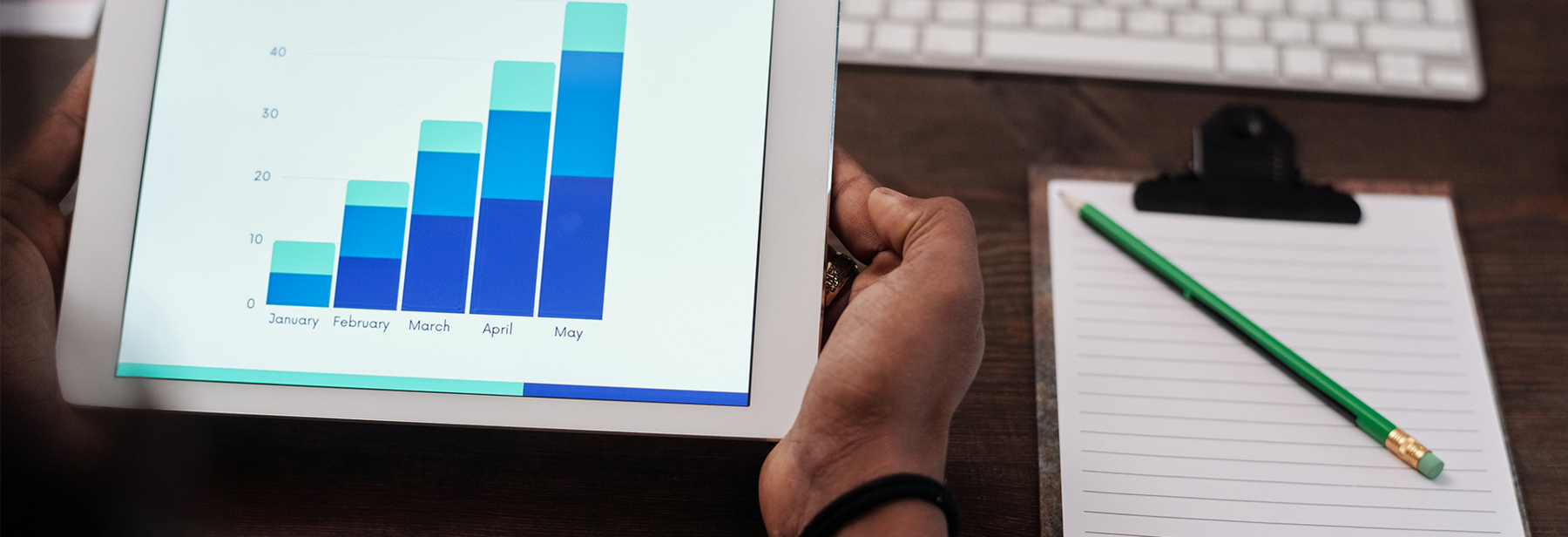
Service In a Time of Rapid Change: Another Cost, or Competitive Advantage?
When he talks to business leaders about risk management, Atul Vashistha says, too often he sees their eyes glaze. “There’s another expense I have to add to operations,” they think. Twenty years ago, companies could get away with this vision of risk management as a cost. Not anymore, Vashistha says. In the global economy, wide-aperture risk management and continuous monitoring equals resilience. Today, resilient risk management goes beyond cost to become a competitive advantage.
Vashistha founded his company, Neo Group, in 1999 to help companies globalize their services by taking advantage of talent all over the world. Then in 2010, he realized that globalization had ramped up a myriad of risks. “Companies relied too heavily on suppliers to tell them about risk events and consequently failed at managing risk proactively,” he says.
That’s when he founded Supply Wisdom. This service continuously monitors a wide array of risk factors worldwide and leverages a patented algorithm to evaluate that collected risk data to proactively warn their subscribers of projected threats to their business operations. To that end, their first alert about COVID-19 went out on January 3, when there were 20,000 cases of what was then called Wuhan pneumonia in the Chinese city. More than two months before shelter-at-home began, their subscribers were advised to set up testing procedures and get ready to implement employee quarantine measures.
Risky management
According to Vashistha, companies typically conduct a risk assessment of third parties at onboarding, then a year or two or three later — unless something big goes wrong. Companies focus on financial or cyber risks and largely ignore location-based risks. Additionally, they operate under the assumption that it is mostly small players that are vulnerable to risks, and that these risks will develop slowly.
COVID-19 has put the lie to many outdated risk assumptions such as these. The pandemic started as a location risk, but it was soon obvious that even the most stable supplier in the city would have to shut down due to contagion. Rather than developing slowly, the health risks associated with the coronavirus spread rapidly around the world, thanks to international travel. The cascade of risk affected people, solutions maturity and other vulnerabilities, resulting in in massive global supply chain disruptions.
This novel coronavirus, as COVID-19 is sometimes called, is not novel as risks go. It is not even the first pandemic in recent memory, nor is it likely to be the last. In the last 20 years there have been four pandemics: SARS, MERSA, H1N1 and now COVID.
“We must resist the tendency to shift our focus to disease outbreaks,” Vashistha says. “Today’s risk landscape is varied far beyond COVID to include climate-related extreme weather events such as the recent devastating fires, hurricanes, and flooding. Risk events are occurring more frequently with more severe consequences to business continuity.”
Widen the aperture
Vashistha warns that companies cannot rely on periodic risk assessments of limited risks any longer. Risk monitoring must be wide, deep and continuous.
“The technology exists today – between machine learning and artificial intelligence – to accumulate enormous amounts of data,” he says. Algorithms such as the one patented by Supply Wisdom, can sort through massive data sets to detect changes in risk patterns. The predictive warnings enable companies to prepare and remain strong under stress.
Companies like Amazon and Walmart, underpinned by good risk management processes, have been able to leverage their digitized business model and thrive amidst COVID-19. That’s resilience.
— Atul Vashistha is recognized globally as one of the leading experts on globalization, governance and risk management. He founded Neo Group and Supply Wisdom, with the mission of helping enterprises build new capabilities rapidly, reduce costs dramatically while mitigating risks.